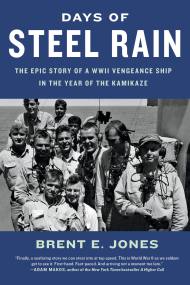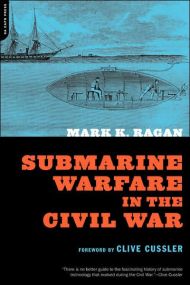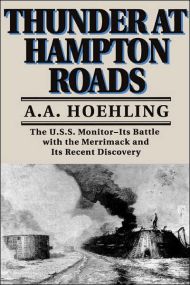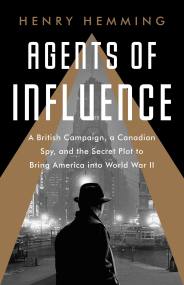Shopping Cart
The Blue Age
How the US Navy Created Global Prosperity--And Why We're in Danger of Losing It
Description
The US Navy brought half a century of peace and free trade to the world’s waterways. But climate change and rising nationalism threaten to end this blue age.
For decades, the Navy has stood sentinel over crucial waterways, ensuring safe passage of goods from nearly all nations. The result is the longest phase of peace on the waters since the Phoenicians, with rising living standards, more (total) jobs, and the dramatic decline of poverty in Asia.
But these prosperous times could be at an end. Today China is building warships at an extraordinary pace. India, Japan, Vietnam, and Europe are responding with more fighting ships. What will result from China’s rising naval might, particularly in the South China Sea? As ocean resources are shaped by climate change and new discoveries, will the world share them or fight over them? What will happen if America turns against free trade? Without American investment, the world could see a rise of supply shortages and seagoing conflict that would dwarf the impact of the container ship stuck in the Suez Canal.
Surveying naval history, economics, environmental threats, and great-power politics, The Blue Age makes an urgent argument about our oceans’ vital importance to the peace and prosperity of our global community.
For decades, the Navy has stood sentinel over crucial waterways, ensuring safe passage of goods from nearly all nations. The result is the longest phase of peace on the waters since the Phoenicians, with rising living standards, more (total) jobs, and the dramatic decline of poverty in Asia.
But these prosperous times could be at an end. Today China is building warships at an extraordinary pace. India, Japan, Vietnam, and Europe are responding with more fighting ships. What will result from China’s rising naval might, particularly in the South China Sea? As ocean resources are shaped by climate change and new discoveries, will the world share them or fight over them? What will happen if America turns against free trade? Without American investment, the world could see a rise of supply shortages and seagoing conflict that would dwarf the impact of the container ship stuck in the Suez Canal.
Surveying naval history, economics, environmental threats, and great-power politics, The Blue Age makes an urgent argument about our oceans’ vital importance to the peace and prosperity of our global community.














